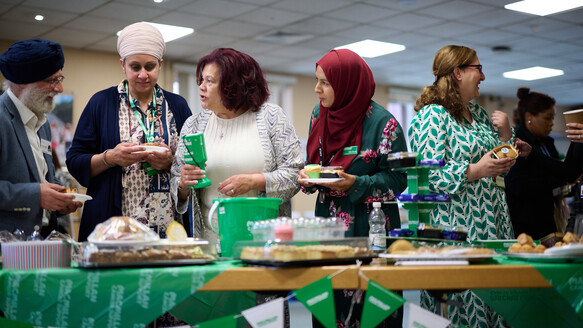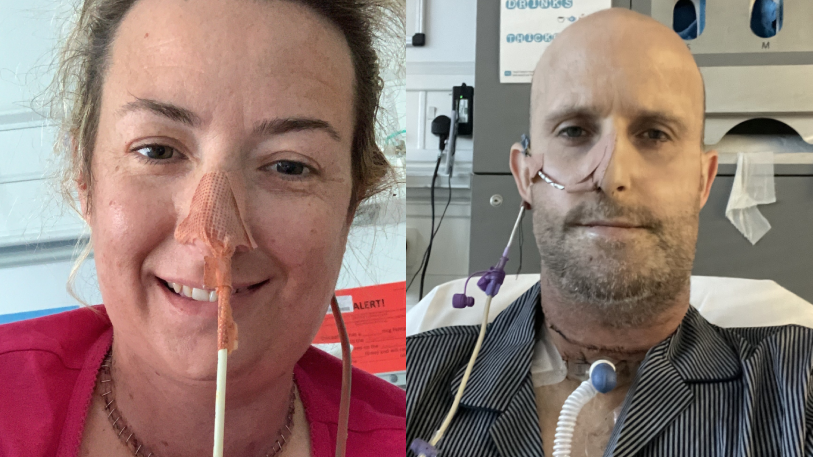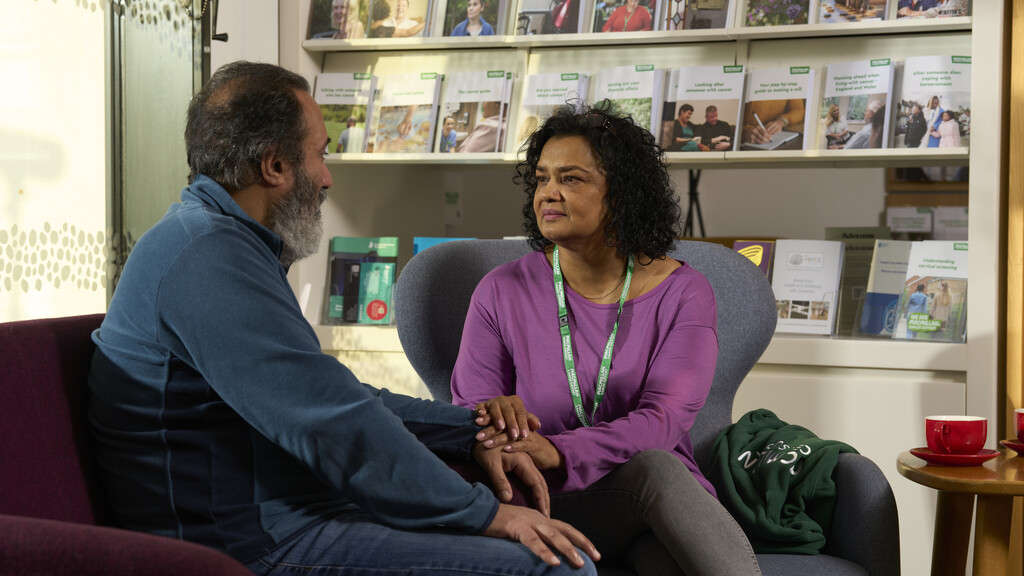Over half a million young adults think cancer only really happens in old age
The misconception that cancer only really happens to people in old age is more common among younger age groups. 3% of all UK adults believe the myth and this surprisingly jumps up to 11% of young people aged 18-24 which could be putting people at risk.
Cancer can affect people of all ages
The misconception that cancer only really happens to people in old age is more common among younger age groups. While 3% of all UK adults believe the myth, this shockingly jumps up to 11% of young people (aged 18 to 24), equating to more than 600,000 young adults across the UK - according to recent research from Macmillan (1).
While the risk of cancer does increase with age, it can affect individuals of all ages, including young adults and children. Certain cancers are more prevalent in younger populations and there is evidence to suggest rates of cancer are increasing faster among the under-50s than in older age groups across Western Europe as well as many other parts of the world.(2)
LJ shares his story of being diagnosed when he was 19
These outdated views about young people and cancer affected LJ Madalura, 27, from South Croydon, who was diagnosed with leukaemia at 19.
LJ says: “I was in college, thinking about the next step in life, trying to figure out what I’ll be doing, putting course work together to apply for uni.
“I was a very creative kid, studying at Croydon College, doing creative media, film and comedy skits. Cancer then hit, and I went from doing a thousand things to doing nothing.
Thankfully LJ’s cancer was treated successfully and after deferring for a year, LJ went on to attend university just two months after leaving hospital.
Macmillan exists to ensure that everyone living with cancer, no matter who you are or where you live, gets the best level of care.LJ found our cancer information helpful, and says:
“I remember when I was trying to find out more about the stem cell transplant, the Macmillan leaflets, booklets and website were helpful. I was learning information about what I’d experience after the transplant."
LJ goes on to reflect about the ‘stigma towards cancer’ within certain communities and says:
“There’s still a stigma towards cancer. Some people believe it’s something you don’t get until you are older, and others think it’s contagious, they'll avoid you. A lot of older generations from my Filipino culture neglect the idea of cancer and often believe you must have done something wrong to get it. There’s so much confusion and silence around it. These are big topics, and even if others don’t understand, your experience is real, and you deserve support and care every step of the way.”
More people living with cancer than ever before
There are more people living with cancer than ever before – almost 3.5 million people in the UK(3) – it’s never been more important for people to be aware of the accurate and trusted support available.
Macmillan's Chief Medical Officer, Richard Simcock, shared his thoughts:
"It’s worrying to see hundreds of thousands of young people hold outdated views about cancer. These misconceptions could prevent people from reaching out and getting the right support for them which could have a devastating impact.
Every day we hear from people whose lives have been turned upside down by cancer and for some the impact is even greater, simply because of who they are or where they live. We’re urging anyone who is concerned about cancer to contact their GP or reach out to Macmillan for support."
Common misconceptions about cancer
That’s why we’ve launched our new campaign, Whoever You Are, Whatever it Takes. The campaign is being fronted by 10 people with cancer from across the UK – including LJ – who have joined forces to shine a light on what it really means to be living with a cancer diagnosis in the UK today. We want to encourage more people to access trusted, reliable cancer information and support that's right for them, no matter who they are or where they live.
Support if you are worried about cancer
Information about cancer
Talk to someone about cancer
You may also find it helpful to talk to someone about your concerns. You can:
- Call the Macmillan Support Line for free on 0808 808 00 00.
- Chat to our specialists online.
Read more
-
News and stories 10 Sep 2025In this blog, Gemma reflects on the impact Macmillan made last year ahead of the launch of Macmillan Cancer Support's Annual Report for 2024.
-
News and stories 03 Sep 2025Anthony Cunliffe, National Lead Medical Adviser at Macmillan, explains why more needs to be done to make cancer care fair.
-
News and stories 10 Jul 2025The Prime Minister launched the government’s long-awaited 10 Year Health Plan, outlining a vision to “bring the NHS closer to home.”






